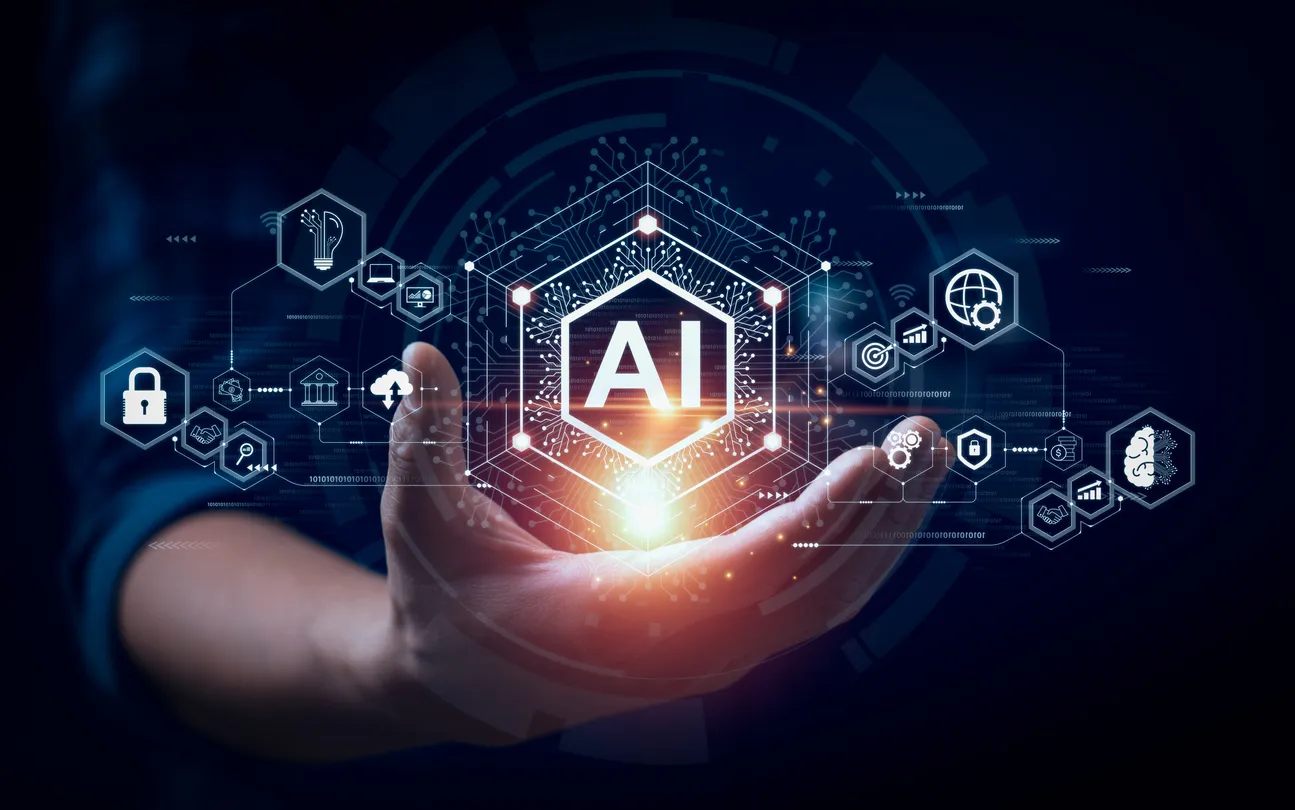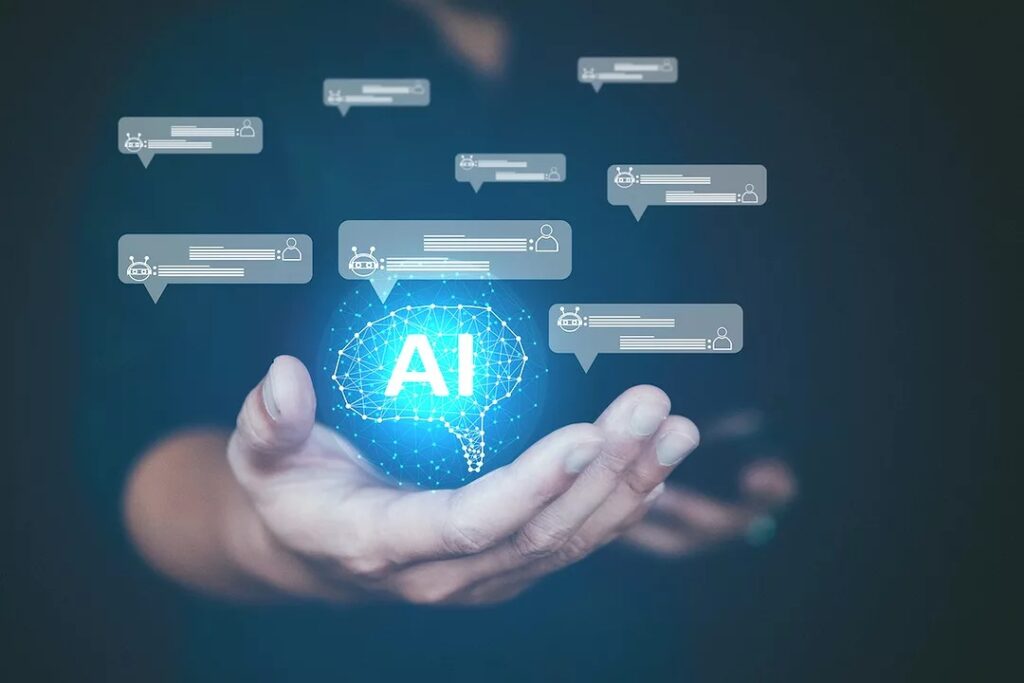
Wadhwani AI Global has officially launched its operations across the Global South, with a strong focus on Africa, Latin America, and other low- and middle-income countries. The new initiative seeks to embed artificial intelligence (AI) into public systems that directly impact daily life, including healthcare, education, and agriculture. By working hand in hand with governments, multilateral agencies, and local organizations, the nonprofit intends to deliver scalable, sustainable AI solutions tailored to the realities of resource-constrained environments.
Building on India’s Experience
The expansion builds on the success of the Wadhwani family’s philanthropic investments in India. Romesh and Sunil Wadhwani, through a $25 million commitment, supported the creation and deployment of more than 25 AI-based platforms and solutions. These technologies have already touched the lives of over 150 million people, providing a clear demonstration of how AI can be adapted to serve pressing social needs.
In India, the initiative has produced several noteworthy outcomes:
- Education Innovation: An AI-powered oral reading fluency tool has conducted over 11 million assessments for more than 6 million children in Gujarat and Rajasthan. This tool provides automated insights for teachers, helping them identify gaps in early reading comprehension and tailor their instruction accordingly.
- Healthcare Breakthroughs: AI-driven solutions have enhanced tuberculosis (TB) screening, tackling one of the deadliest infectious diseases in the world. By analyzing cough sounds and patient histories, frontline workers are now better equipped to identify presumptive pulmonary TB cases quickly and accurately.
- Supporting Frontline Workers: A clinical decision support system has empowered approximately 160,000 health workers to conduct more than 250,000 consultations every day. This intervention has been especially critical in rural areas, where shortages of qualified medical professionals are a persistent challenge.
These examples show the potential of context-specific AI to scale across vast populations while directly addressing urgent local problems.
A Mission to Close the Global Gap
“AI has already proven to be transformative in many advanced economies. Our task now is to ensure that these benefits reach the communities where they can have the deepest and most lasting impact,” said Romesh and Sunil Wadhwani, Co-Founders of Wadhwani AI Global. “We’re building an institution that doesn’t simply create tools, but works in partnership with governments and innovators to make AI a genuine instrument of opportunity.”
While AI adoption is accelerating globally, low-resource settings often face barriers such as a lack of aligned national strategies, limited infrastructure for implementation, and difficulties in adapting global technologies to local needs. Wadhwani AI Global was created to address these gaps directly and systematically.

Three Core Capabilities
The organization will focus its efforts on three interconnected areas designed to drive lasting adoption:
- Advisory Services: Helping governments and development partners craft AI strategies that are aligned with national priorities and local realities. This ensures that AI solutions are not seen as external impositions but as integral components of development roadmaps.
- Technology Development: Instead of repurposing tools from high-income countries, Wadhwani AI Global is committed to building adaptable, context-sensitive solutions that meet the unique challenges of communities in Africa, Latin America, and other parts of the Global South.
- Capacity Building: Long-term sustainability depends on local ownership. The organization aims to strengthen institutions, train local talent, and foster ecosystems where AI innovations can thrive independently over time.
Leadership to Drive Scale
To guide this ambitious expansion, Wadhwani AI Global has appointed Nakul Jain as Chief Executive Officer and Managing Director. Jain brings 14 years of expertise in AI, strategy, and international development, and he has previously worked on scaling AI solutions to millions of users across diverse geographies.
“The hardest part of AI for social impact is not building models—it’s ensuring those models are actually used by people to solve real problems in healthcare, education, and food systems,” said Jain. “That’s where we come in: bridging the gap with advisory, technology, and ecosystem-building expertise.”
The leadership team also includes Harsh Singh, Head of Growth; Gitika Sharan, Head of Marketing; and Aakash Pant, Lead Engineer. Together, they represent a blend of technical depth, operational expertise, and experience in scaling social innovations.
Moving Beyond Pilots to Enduring Impact
Co-Founder Shalina Wadhwani emphasized the importance of designing interventions with durability in mind. “We are not here to create pilots that generate headlines and then fade away. Our focus is on embedding AI into the systems people already depend on—public health networks, school systems, and agricultural infrastructure—so that solutions persist and grow stronger over time.”
This philosophy reflects a broader shift in how AI for social good is being approached. Instead of treating low- and middle-income countries as afterthoughts or peripheral beneficiaries of technological advances, Wadhwani AI Global seeks to position the Global South as a central stage for innovation. The organization argues that the most transformative uses of AI may come not from affluent societies but from communities where the stakes are highest and the challenges most pressing.
A Global Priority
The launch of Wadhwani AI Global symbolizes an important inflection point in the conversation about AI and equitable development. By placing the Global South at the center of its mission, the organization is signaling that innovation for social good must be inclusive and globally representative.
Operations in India will continue under Wadhwani AI India, which functions as part of the Lord’s Education and Health Society (LEHS). That arm will maintain its independence as an autonomous society, while Wadhwani AI Global focuses on international expansion.
As AI becomes increasingly embedded in the global economy, the question of who benefits is becoming more urgent. For millions of people in underserved regions, access to AI-driven solutions could mean earlier diagnoses for deadly diseases, improved learning outcomes for children, and stronger resilience in food systems. With its new global initiative, Wadhwani AI Global is betting that the right partnerships, combined with context-specific technologies and long-term capacity-building, can unlock that potential at scale.





